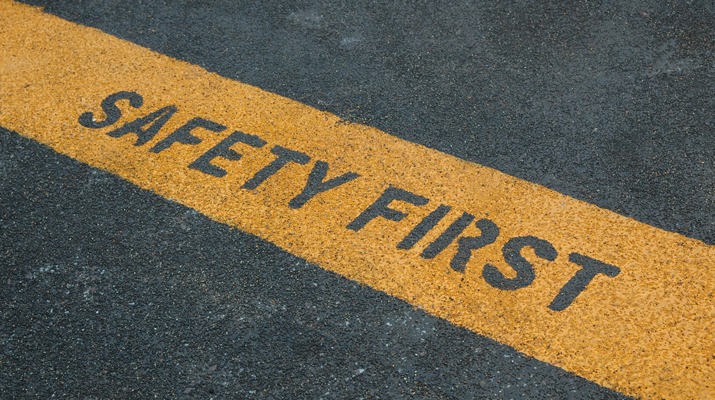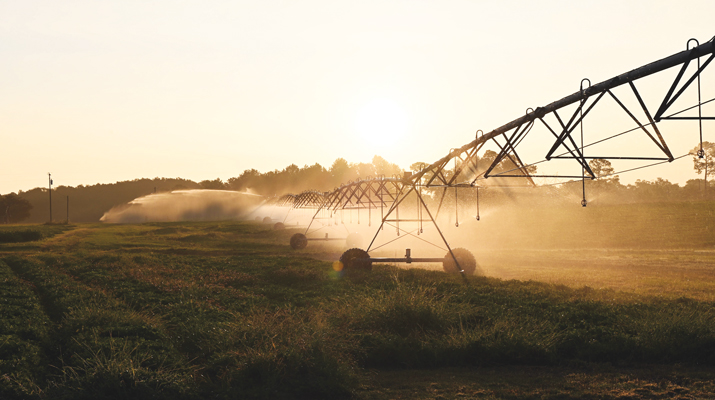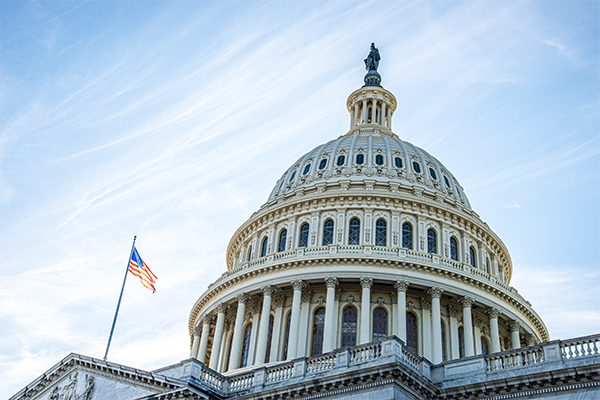Is it new or deja vu?
Having defended propane companies for the past 20 years in cases around the country, I was recently asked a profound question by my editor, Pat Hyland.
 John V. McCoy |
“Are the issues the industry faces in lawsuits the same or different than 20 years ago?”
As you might expect, some things have changed, while others have remained relatively constant over the years.
In this article, I will touch upon those issues that have remained relatively constant. Next month, I will look at some of the significant changes that have transpired in regard to litigation brought against industry members.
My list of constants, which are not comprehensive and not in any particular order:
- Badly injured plaintiffs always make these cases difficult to defend.
- The gas company will look bad by pointing out every possible code or custom and practice violation, even if it has no connection to the accident.
- There is usually a strong correlation between how much the gas company is worth (or how much insurance it has) and how much the plaintiff attributes fault to it.
- The plaintiff never smelled the gas leak, even though it is the strongest odor known to man.
- No warnings are ever good enough.
- Plaintiffs will always be able to find an expert to say the gas company did something wrong, but that doesn’t mean they are right.
- Many lawyers and industry consultants claim to be experts, but few really are experts.
- Documentation and early notification of loss to the attorney and the insurance company is critical to a successful defense.
- Documentation of training, leak and pressure tests and distribution of warnings literature are still vitally important and still inadequate in many cases.
- Even in the worst of injuries, juries will listen and do the right thing if you are able to credibly show why the plaintiff’s theory is wrong and explain how the accident really happened.
- The success or failure of cases is significantly dependent on the quality of service or delivery person involved with the customer account in question.
- The industry is constantly working to make the use of propane as safe as possible. Nonetheless, accidents still happen.
- Accidents are relatively rare, but when they do occur they are usually significant.
- When accidents occur to their customers, marketers are almost personally traumatized by the event, even if they are not responsible for the accident.
- For small marketers, a bad loss usually results in a substantial increase in insurance premiums or cancellation or non-renewal of liability insurance and difficulty in placement of coverage thereafter.
- Life is stranger than fiction. People still try to find gas leaks with a lit match or lighter. People still remove old water heaters from their primary residence because they are too old and then put them in their cabin up north.
- Plaintiff’s memory is often non-existent of how the accident occurred. This is sometimes feigned and sometimes due to post-traumatic stress or the side effect of post-accident medications.
- Good scientific analysis trumps factually inconsistent statements. Claims of leakage, overpressure or the origin and cause of an accident can be confirmed or rejected by objective scientific tests.
There are many more constants readers might include with my non-scientific list.
I would be interested to hear some of those examples. I encourage you to e-mail me with your own additions to this list.
John V. McCoy is the president of McCoy & Hofbauer, S.C. and specializes in the representation of propane companies. He can be reached at 800-599-8300 or jmccoy@mh-law.us.
















